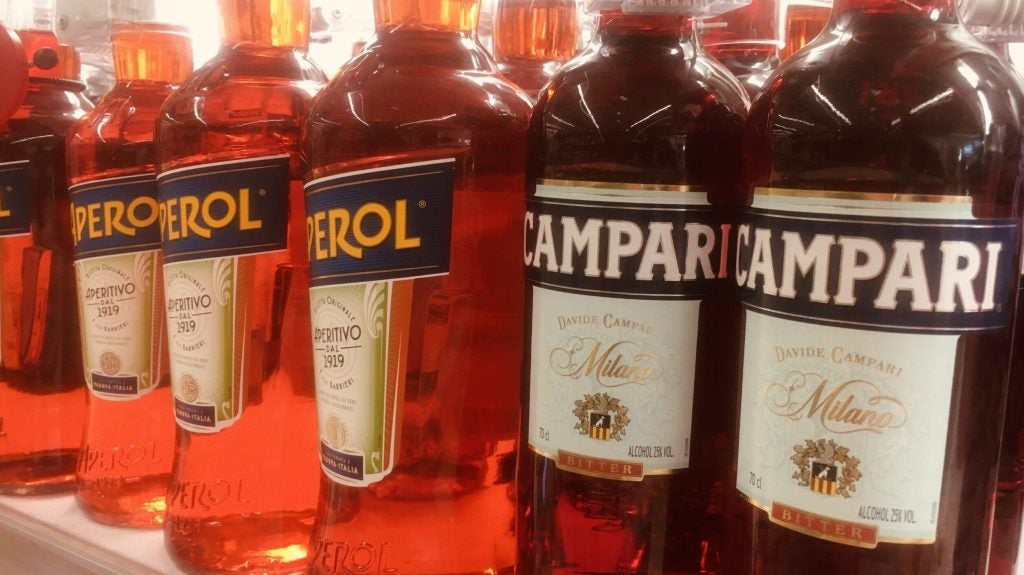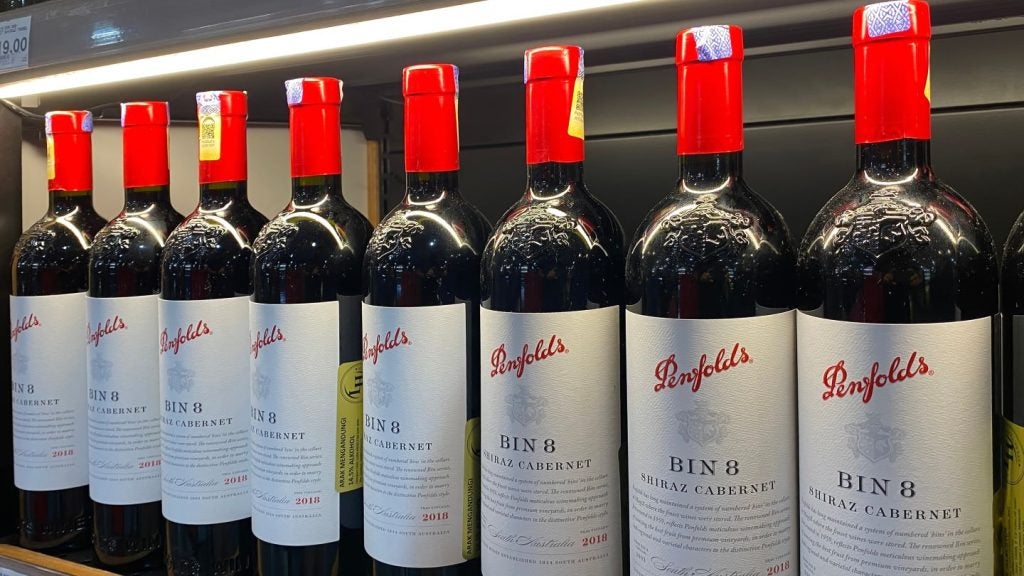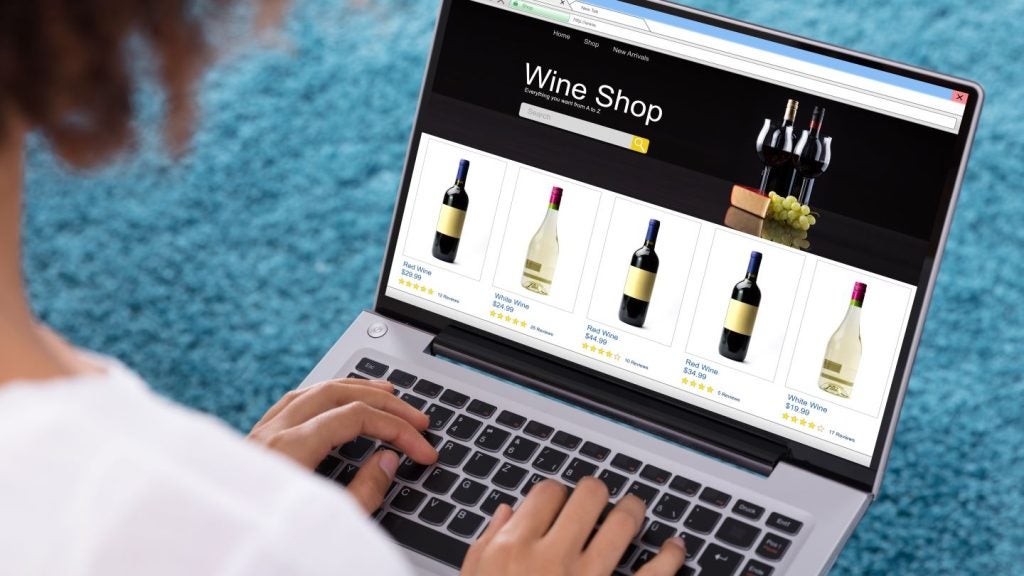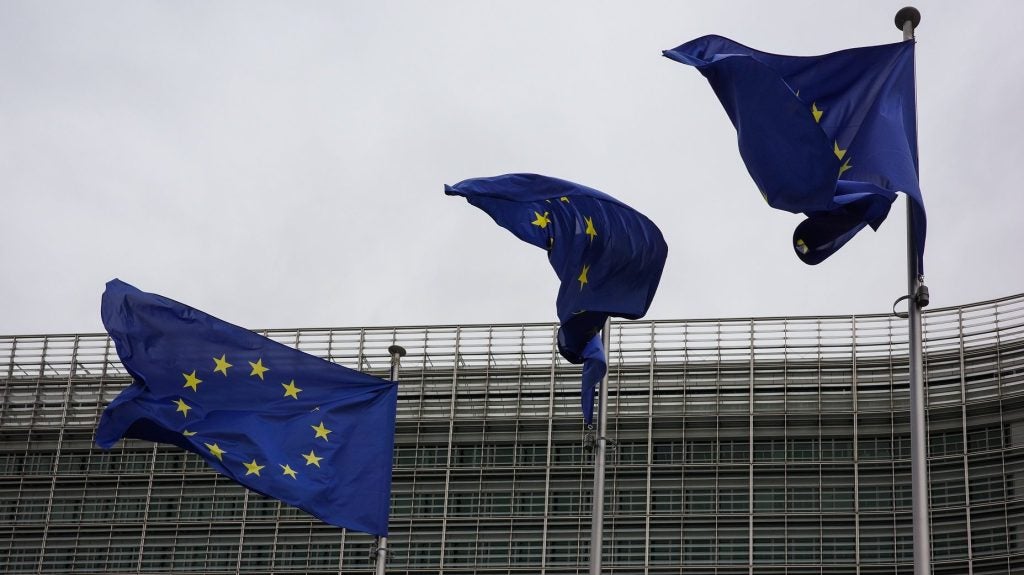After a somewhat rocky few months, Campari, in its search for a new CEO, has selected someone it hopes can be a steady hand on the tiller.
On Wednesday (4 December), the Aperol owner named Simon Hunt as its new chief executive.
Hunt, who is set to take the helm next month, will join Campari at a time when the group, one of the better performers in the global spirits industry in the last couple of years, has seen sales slow and announced the exit of its previous CEO after just five months in the job in September.
He arrives with bags of experience in the spirits industry. A former Diageo, Allied Domecq and Pernod Ricard executive, Hunt also spent just over a decade at William Grant & Sons’, including four-and-a-half years as the UK spirits group’s chief executive up to late 2020.
While in charge at William Grant, the Glenfiddich owner enjoyed solid top- and bottom-line growth. In 2016, William Grant’s turnover stood at £1.06bn ($1.35bn) and net profit of £222.1m; by 2019, those figures had reached £1.42bn and just under £314m.
While the company’s numbers unsurprisingly took a Covid hit in 2020 as much of the on-trade closed down, its turnover and net profit bounced back in 2021 and have continued to grow.
Announcing Hunt’s appointment, Campari described its incoming CEO as “a proven business leader” and pointed to his “strong track record in driving step-change performance and global brand building”.
Hunt’s experience will be crucial as Campari tries to breathe fresh life into its sales growth, which has come under pressure in recent quarters. In the three months to the end of September, the Grand Marnier owner’s organic sales, for so long one of the strongest among publicly listed players, fell into negative territory.
When Campari reported its third-quarter and nine-month numbers in October, the company said its performance had been hit by “a combination of concomitant factors”, taking in its businesses in the Americas, Europe and Asia-Pacific. For all Campari’s growth in recent years, 2024 has proven tougher and the news of Hunt’s appointment gave a boost to the company’s share price, which climbed more than 5% on Wednesday (it's down more than 30% year to date).
Cedric Lecasble, an analyst covering Campari for investment bank Stifel, says investors welcomed the speed of the appointment and Hunt’s background. “The stock reaction was positive, probably because of the speed and, more importantly, because of the characteristics of the guy,” he says. “His international experience and experience of the US market and working in a family-owned company, I think he ticked all the boxes.”
Among his first jobs might be deciding which of Campari’s assets could be up for sale. In October, alongside the disappointing third-quarter numbers, the business set out plans to reduce costs and indicated it is looking to offload brands.
Campari also stressed it would look to “accelerate” the “streamlining” of its product range to provide more resources to its core brands, which will sit under four newly formed Houses of Brands – the House of Aperitifs, House of Whiskey and Rum, House of Tequila and House of Cognac & Champagne.
The group has remained coy about exactly which brands it could be looking to offload, although the group has been clear its “global priority brands” are not up for grabs. Those “priorities” are Campari’s namesake brand, Aperol, Espolòn Tequila, Wild Turkey Bourbon, Grand Marnier, its Jamaican rums and Skyy vodka.
Luca Garavoglia, Campari’s chairman, obliquely referred to the months ahead for the company in his statement announcing Hunt’s appointment.
“His proven and extensive industry experience and leadership in building and scaling premium and luxury brands on a global scale will be instrumental as he leads Campari Group through its next phase of growth,” Garavoglia (who is part of the family that controls the company) said. “I am confident that Simon’s background, personality, energy, leadership and drive will take Campari Group to new heights as we continue to execute our growth strategy and evolve into our new Houses of Brands operating model.”
Trevor Sterling, who covers Campari at Bernstein, describes Hunt as “truly an industry veteran, with a strong track record in the spirits industry”.
In a note to clients, Stirling said “cultural fit” will be key; he pointed to what he called a “very strong internal culture” at Campari that he said has been “carefully nourished” by former CEO Bob Kunze-Concewitz (who stepped down in April, was succeeded by Matteo Fantacchiotti for just five months and has since been part of a “leadership transition committee” with two other Campari executives).
Stirling added: “Clearly, restoring commercial momentum after a very choppy year is core. However, in our view, Simon’s ability to inspire confidence among his direct reports, within the broader organisation and the board will be equally critical in determining his success.”
After a challenging 2024, the next 12 months could be eventful at Campari.
















